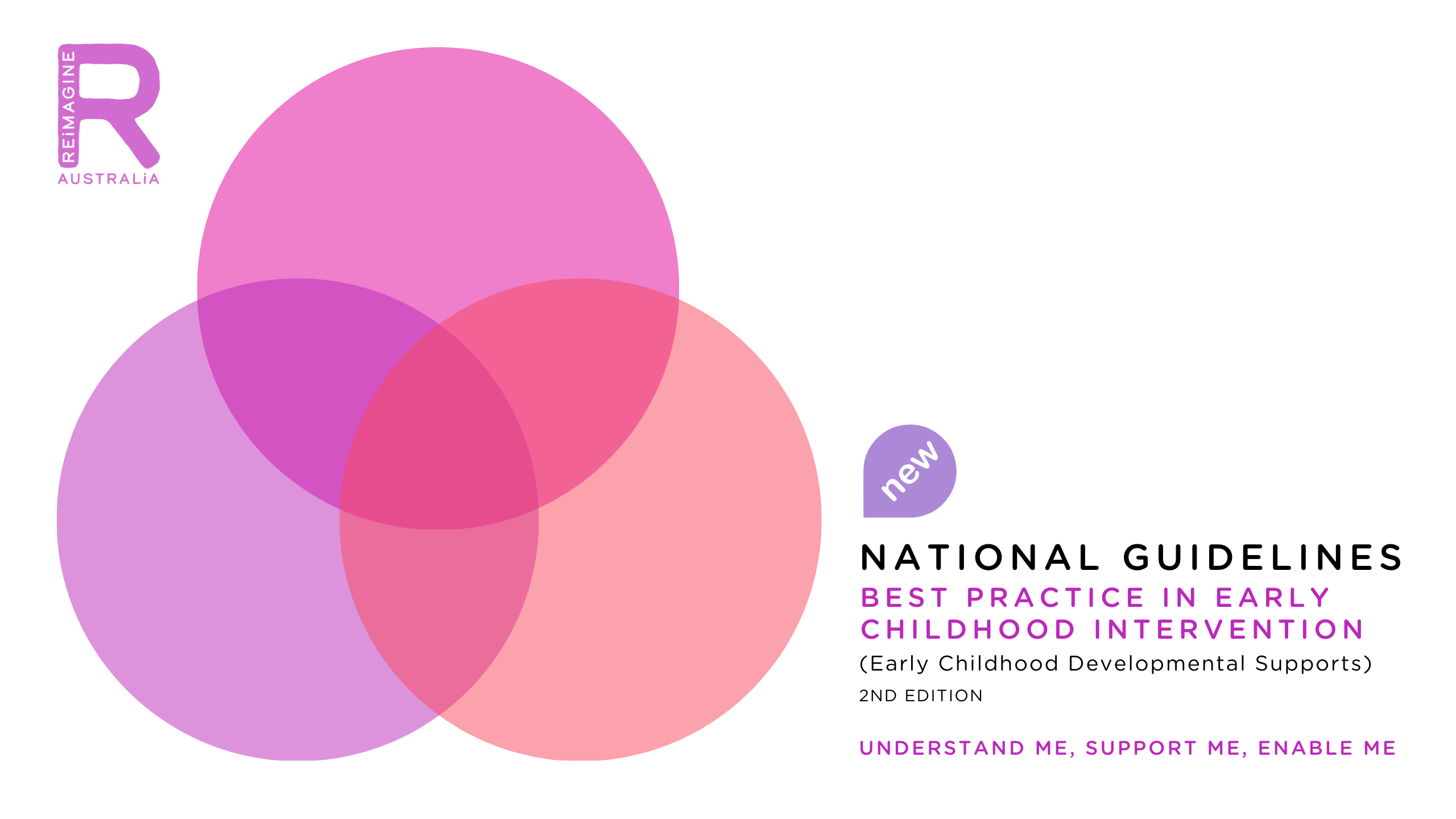
BEST PRACTICE PILLAR THREE
This guideline aims to ensure that children, families, and carers feel understood, supported, and empowered. It identifies how practitioners and educators can provide wrap-around support by considering culture, collaborating across support teams, and providing appropriate resources to enable advocacy.
Understand your role of advocacy and help be a conduit for connection with advocates, partners and allies.
Enable me to interact and participate in my life and community.
Build and nurture my relationships to develop a cohesive dynamic support team around me.
Recognise and focus on my abilities, knowledge and capacity, as well as that of my family and carers.
What do I need to know?
When your child gets early childhood developmental supports, the people supporting you should make you feel like they are not trying to change you or your child but are giving you the help you need. The people supporting you should work to understand your culture and ensure you feel supported.
What should I expect?
The people supporting you should ask about your culture and be respectful.
The people supporting you will work as a team so that you feel consistently supported.
The people supporting you will support you to communicate about what is best for you and your child and will speak up on your behalf if you are unable to.
What can I do?
Tell the people helping you about your culture and your experiences and thoughts about disability.
Ask the people supporting you to speak up on your behalf about what is best for you and your child.
Support children, parents, and carers to engage and participate within their everyday environments such as the home, early education and care, school, or community settings to promote generalisation of skills; meaningful participation in daily activities; and engagement with peers and friends.
Maintain open, empathetic communication with the child, parents, carers, and community, valuing their insights as essential contributors to the support team. Empower and support parents and carers to make decisions for their child and step in and support when they are unable to make these decisions. Create environments which emphasise collaborative partnership and support the child, parents, and carers to express their thoughts and preferences.
Challenge stereotypes and misconceptions about disabilities and neurodivergence. Create inclusive environments that celebrate and accommodate the diverse abilities, needs and goals of all children to enable meaningful participation.
Recognise that children, their parents, and carers are supported by multidisciplinary professionals and prioritise building a cohesive, dynamic support team around the child. Facilitate regular team meetings, and promote open communication, mutual respect, and shared decision-making to enable the child, family, and carers to feel supported and to reach their goals.
Advocate for the rights and needs of children and parents and carers within the community and broader systems. Empower children, parents, and carers to be their own advocates. Play an active role in providing access to resources and support as appropriate.

EXPLORE MORE OF THE BEST PRACTICE GUIDELINES